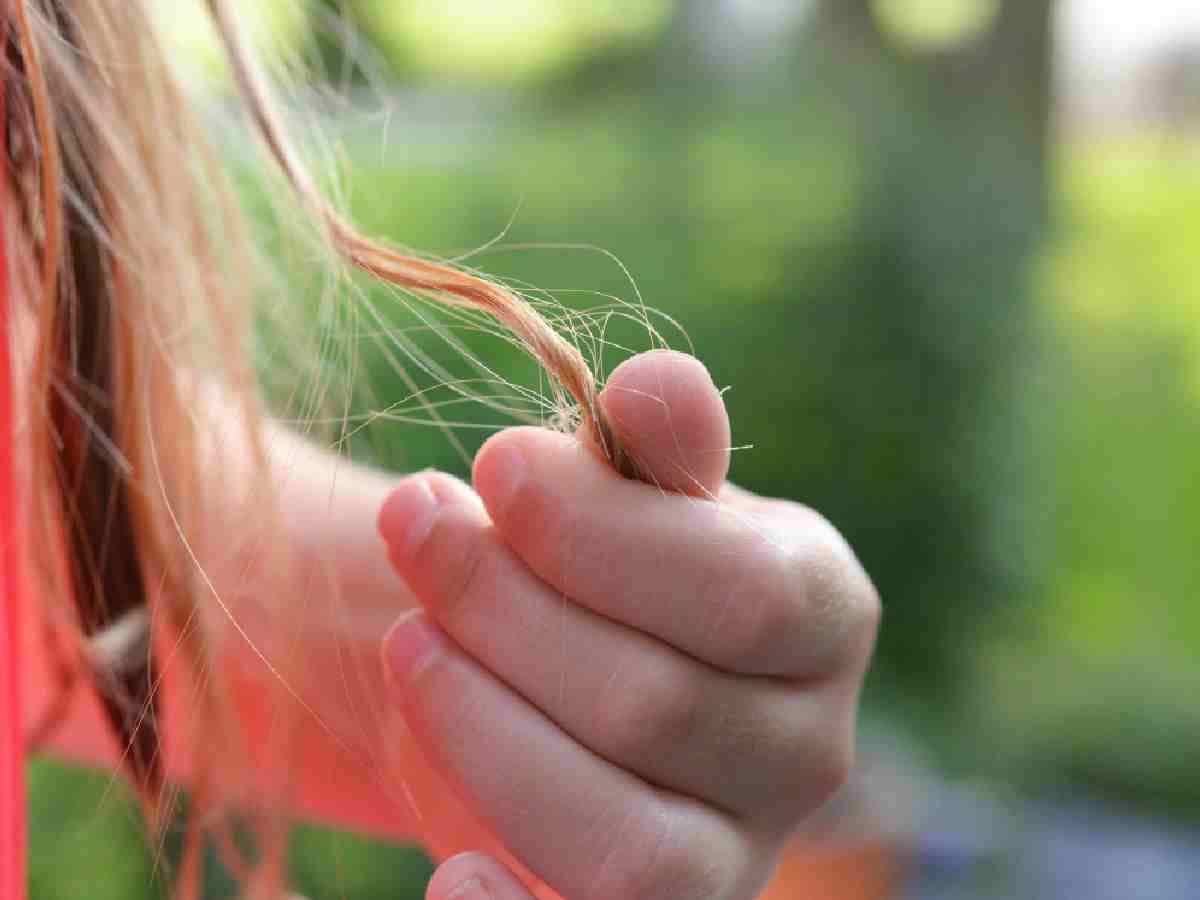
Hair loss is a common issue that can affect anyone, regardless of age or gender. It can be distressing and impact your confidence, but understanding the underlying causes can help in finding effective treatments. Here are some common reasons why you might be experiencing hair loss:
Genetics
Genetics plays a significant role in hair loss. Androgenetic alopecia, commonly known as male or female pattern baldness, is hereditary and is the most common cause of hair loss. This condition results in a gradual thinning of hair, often starting at the temples or crown.
Hormonal Changes
Hormonal imbalances can lead to hair loss. Conditions like polycystic ovary syndrome (PCOS), thyroid disorders, and menopause can affect hormone levels and contribute to hair thinning. Birth control pills and pregnancy can also cause temporary hair loss due to hormonal shifts.
Nutritional Deficiencies
A lack of essential nutrients in your diet can impact hair health. Deficiencies in iron, vitamin D, vitamin B12, and biotin can contribute to hair loss. Ensuring a balanced diet rich in vitamins and minerals is crucial for maintaining healthy hair.
Also read: Doctors at Delhi govt hospitals in city struggle to catch a breath
Stress
Chronic stress can lead to a condition known as telogen effluvium, where hair prematurely enters the shedding phase. While stress-related hair loss is often temporary, long-term stress can have a more prolonged effect. Managing stress through relaxation techniques and lifestyle changes can help improve hair health.
Medical Conditions
Certain medical conditions, such as autoimmune diseases (like alopecia areata) and scalp infections (such as ringworm), can lead to hair loss. Treating the underlying condition often results in the restoration of hair growth.
Medications
Some medications have side effects that include hair loss. Common culprits include medications for high blood pressure, depression, arthritis, and cancer treatments like chemotherapy. If you suspect your medication is causing hair loss, consult your healthcare provider for alternatives.
Hairstyling Practices
Excessive use of heat styling tools, harsh hair treatments, and tight hairstyles like ponytails or braids can damage hair and lead to breakage or traction alopecia. Adopting gentler hair care practices can help prevent this type of hair loss.
Aging
As we age, hair naturally thins and may lose its luster. Hair follicles shrink over time, leading to shorter and finer hair strands. While aging is a natural process, maintaining good hair care practices can help manage its effects.
Environmental Factors
Exposure to environmental pollutants, harsh chemicals, and extreme weather conditions can damage hair and contribute to its loss. Protecting your hair from these factors and using gentle, nourishing products can help mitigate damage.
Also read: Top superfoods to naturally cleanse your blood and boost health
Conclusion
Understanding the cause of your hair loss is the first step toward finding an appropriate treatment or solution. If you’re experiencing significant or persistent hair loss, consulting a healthcare professional or dermatologist is recommended to determine the underlying cause and explore potential treatments. With the right approach, you can address the root cause and work towards healthier, fuller hair.
Delhi hosted what organisers describe as the world’s first player auction in golf, launching ‘72…
An elderly woman recalls how her six-year-old granddaughter lay bleeding after a speeding car hit…
Municipal Corporation of Delhi plans a unified policy enabling RWAs to adopt and maintain parks…
A 17-year-old boy allegedly died by suicide after jumping before a moving train at Uttam…
Delhi High Court grants bail to 26-year-old Thar driver accused of mowing down two in…
Two Rohini men arrested for fatally stabbing one person and injuring another during a robbery…